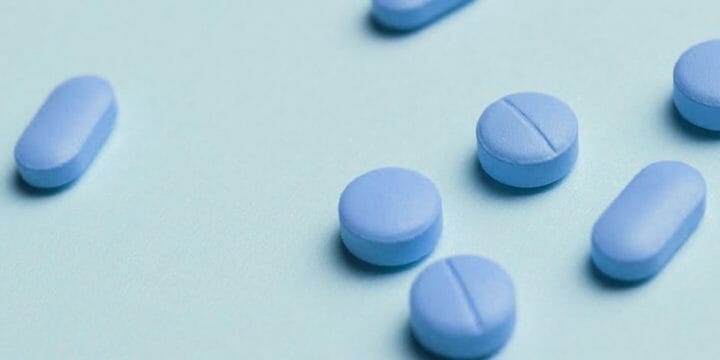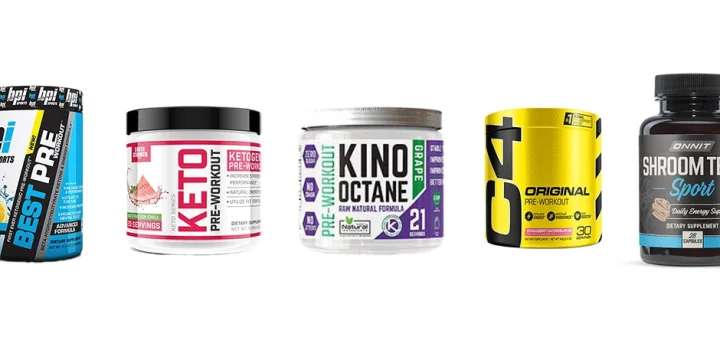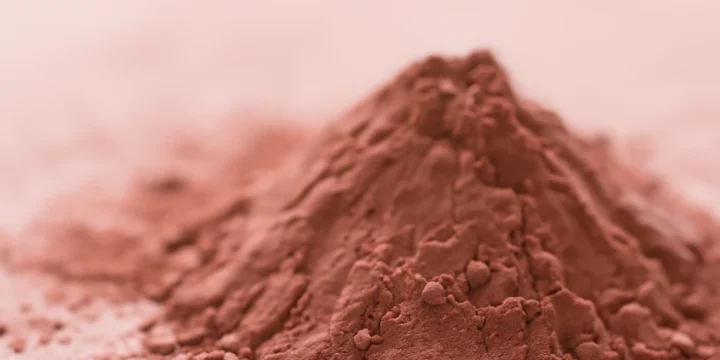From my own gym routine, I've felt the kick of pre-workouts firsthand. They've been a game-changer in pushing my limits, whether I'm lifting weights or hitting the track. But I've also learned through trial and error that timing is crucial to harness their full potential.
Pre-workouts are designed to be taken before exercise, with key ingredients taking about 30 minutes to become effective.
Through this guide, I will help you answer a few confusing questions you probably ask yourself.
Quick Summary
- Pre-workout should be taken between 30 minutes to an hour before exercising.
- The pre-workout supplements should be after a week off every two months so your body doesn't get used to them.
- Caffeine, a common pre-workout ingredient, has a half-life of 3-5 hours in the body, affecting the timing of consumption relative to sleep.
- I've found that taking pre-workout too close to bedtime can interfere with sleep, so timing it right is crucial for evening gym-goers.
When Is The Best Time To Take Pre-workout?

Timing is everything, so it’s a common question on when should I take pre workout. It seems simple enough. Take it before your workouts.
However, it’s a mistake to drink your pre-workout as you’re walking into the door of your gym.
The active ingredients from the drink like creatine usually takes 30-60 minutes to initiate in your body muscles.
The minutes vary from person to person, but you could be far into your physical training before feeling the effects in your muscles.
There is no real issue about taking a pre-workout too early. The caffeine has a half-life of 3-5 hours once it is consumed. [1] The biggest concern might be if you are taking it too late in your day. The best pre-workout has a similar effect to taking a strong energy drink.
If you head to the gym in the late afternoon or evening and take a pre-workout, then the caffeine may keep you too stimulated to fall asleep at an appropriate time.
Here are some high-quality pre-workout for women that we recommend.
How Often Can I Use Pre-workout?

You can use a pre-workout supplement daily, but it’s good advice to take a break occasionally.
Prolonged use can lead to the body’s receptors not reacting as well as before.
For example, caffeine or creatine monohydrate are common ingredients in pre-workout.
It’s possible, though, for your body to develop a slight immunity, meaning that it doesn’t give your muscles an energy boost.
Speaking from experience, cycling off pre-workouts every couple of months helps. I switch to creatine-free products for a week or so, which seems to recharge my body's response to the supplements when I reintroduce them.
Should I Eat Before Taking Pre-workout?
Yes, you should eat before taking pre-workout.
Taking them on an empty stomach can cause jitters and lightheadedness, undermining muscle building and endurance. It's important to eat beforehand for optimal results.
When and What Should I Eat Before Pre-workout?

You need to be strategic about it. Plan your pre-workout meal to include a balance of amino acids and nutrients, especially if you have 2-3 hours before exercising.
The best pre-workout meal has foods with carbs, protein, and fat. This isn’t achievable for everyone, though. We’re looking at you, early-morning risers.
So if you only have 45-60 minutes before exercise, choose a simple pre-workout snack that is easy to digestion to prevent stomach discomfort.
Some examples of what’s good to eat before a workout include nutrition bar, fruit, or Greek yogurt. You will also probably want to consider consuming protein before or after the workout to help rebuild your muscles and for recovery. (2)
Are There Any Side-Effects To Taking Pre-Workout?
Yes, there are side effects when taking pre-workouts that could be present. For example, diarrhea, dehydration, and headaches [3].
These may be prevented by drinking plenty of water throughout your day, especially before and after your workout.
You may also experience tingly or prickly sensations. These are harmless side effects of the pre-workout interacting with your body mass system.
High blood pressure may also be a concern since the active ingredients combined with physical performance, like power-building, can lead to elevated blood pressure. You should always consult with a doctor about your nutrition and physical training.
You can also watch the video below to learn more about the side effects of taking pre-workout supplements.
"Working out is a big time commitment. If you want to achieve your goals, whether that's to gain weight or lose some, then you must fully commit and have 100% discipline on every routine."
- Lisa Lorraine Taylor, BSC, CPT

FAQ

Can pre-workout supplements affect my sleep?
Insomnia may occur if you are using pre-workout too late in your day. You should remember that pre-workout products contain anywhere from 200-400 mg of caffeine (For reference, a regular cup of coffee has about 95mg of caffeine). Pre-workout may not be for you if you can only workout later in the day. A helpful tip is if you wouldn’t take an energy drink because it could affect your sleep, then don’t take a pre-workout either.
Does pre-workout go bad?
Pre-workout products have expiration dates. According to manufacturers, the product will no longer be at its peak and not as efficient. Even though it may not make you physically ill to take expired pre-workout, it doesn’t have its full potency and won’t help you with your fitness goals like muscle gain, powerbuilding, strength, or weight loss.
Is it okay to take pre-workout first thing in the morning?
If you are going to take a pre-workout supplement as soon as you wake up, you should also eat a simple and nutritional meal with it. An empty stomach will not be happy with you if you take pre-workout without eating any food.vFoods with nutrition will help give your body’s muscles some fuel. You should also workout within an hour of taking a pre-workout supplement to get the full benefits of the caffeine strength in your muscles. We fully believe in keeping you well-informed so you can stay focused on what is important to you.
When Is The Best Time To Take Pre Workout?
References:
- Natalie Olsen, RD, LD, ACSM EP-C, How long does a cup of coffee keep you awake?, retrieved from https://www.medicalnewstoday.com/articles/321784
- Gavin Van De Walle, MS, RD, Should You Have a Protein Shake Before or After Your Workout?, retrieved from https://www.healthline.com/nutrition/protein-shake-before-or-after-workout
- Daniel Preiato, RD, CSCS, 5 Side Effects of Pre-Workout Supplements, and How to Avoid Them, retrieved from https://www.healthline.com/nutrition/pre-workout-side-effects
About The Author
You May Also Like






